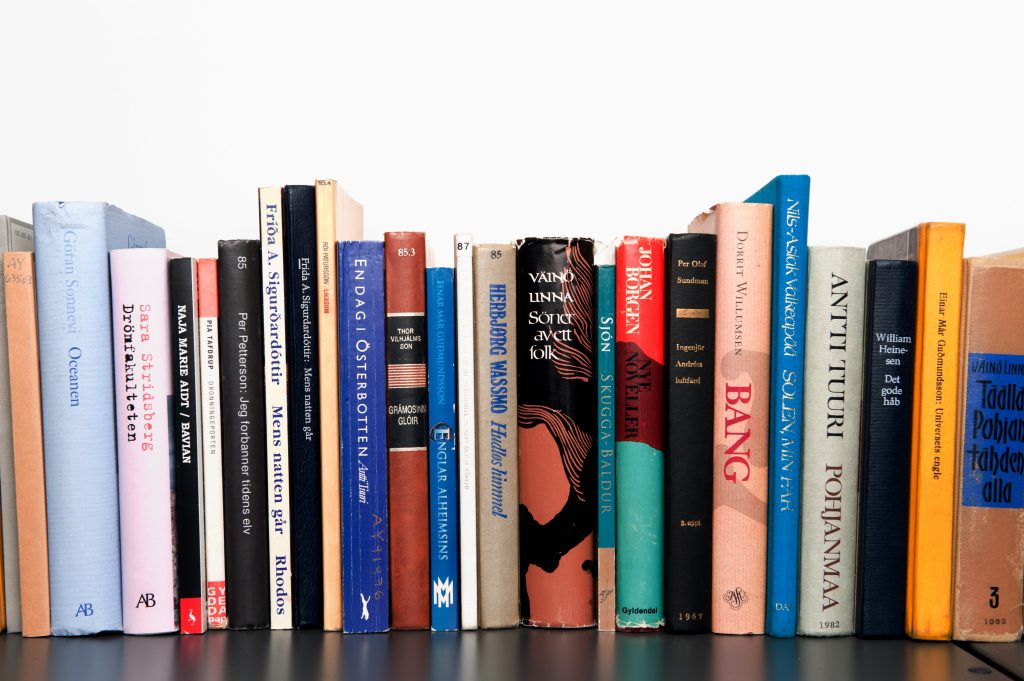David Lynch meditates, and he meditates hard. Beginning his practice in earnest after it helped him solve a creative problem during the production of his breakout 1977 film Eraserhead, he has continued meditating assiduously ever since, going so far as to found the David Lynch Foundation for Consciousness-Based Education and Peace and publish a pro-meditation book called Catching the Big Fish.
It might seem nonsensical to hear an artist of the grotesque like Lynch speak rapturously about voyaging into his own consciousness, let alone in his fractured all-American, askew-Jimmy-Stewart manner, but he does meditate for a practical reason: it gives him ideas.
Only by meditating, he says, can he dive down and catch the “big fish” he uses as ingredients in his inimitable film, music, and visual art. You can hear more of his thoughts on meditation, consciousness, and creativity in his nine-minute speech above.
If you’d like to hear more, the video just above offers a nearly two-hour presentation at UC Berkeley with Lynch as its star. You’ll also hear from outspoken quantum physicist John Hagelin and Fred Travis, director of the Center for Brain, Consciousness and Cognition Maharishi University of Management. Some of what they say might make good sense to you: after all, we could all use a method to clear our minds so we can create what we need to create. Some of what they say might strike you as total nonsense. But if you feel tempted to dismiss all as too bizarre for serious consideration, you might meditate, as it were, on other things Lynchian: backwards-talking dwarves, severed ears on suburban lawns, alien babies, women living in radiators, sitcom families in rabbit suits. He’s certainly pitched us weirder concepts than meditation.
For some secular introductions to meditation, you may wish to try out some of these resources.
–UCLA’s Free Guided Meditation Sessions
–Insight Meditation Center’s Free 6‑Part Intro to Mindfulness Meditation
–Stream 18 Hours of Free Guided Meditations
–Meditation 101: A Short, Animated Beginner’s Guide
–Philosopher Sam Harris Leads You Through a 26-Minute Guided Meditation
This post originally appeared on our site in April, 2013.
Related content:
David Lynch Talks Meditation with Paul McCartney
Daily Meditation Boosts & Revitalizes the Brain and Reduces Stress, Harvard Study Finds
Allen Ginsberg Teaches You How to Meditate with a Rock Song Featuring Bob Dylan on Bass
Colin Marshall hosts and produces Notebook on Cities and Culture and writes essays on literature, film, cities, Asia, and aesthetics. He’s at work on a book about Los Angeles, A Los Angeles Primer. Follow him on Twitter at @colinmarshall.


